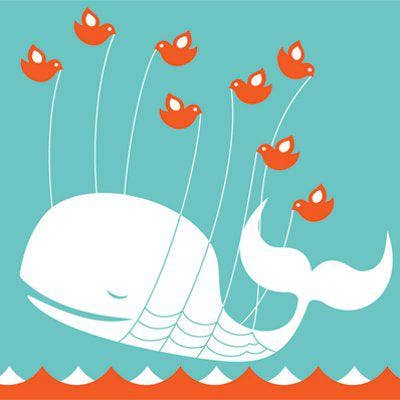5 Companies That Had A Rough Week

This week's roundup of companies that had a rough week include more executive departures at Juniper, a downer revenue forecast from Cisco, a user-led revolt that forced Twitter to recant on a privacy policy within hours of its implementation, yet another data privacy breach at a leading health-care provider and email service failures at Yahoo.

The exodus of Juniper Networks executives goes on. This week the company saw the departures of Bob Muglia, executive vice president, Software Solutions Division, and Hojin Kim, vice president, Americas partner development and operations. Muglia resigned effective Dec. 10, while Kim left to take a job with Hewlett-Packard.
The departures of Muglia and Kim come as other top talent flees Juniper. Earlier this month, CRN reported the departure of Donna Grothjan, vice president of worldwide distribution for Juniper, who is taking a top distribution role at HP. In November, Juniper lost U.S. channel chief Chris Jones to rival Avaya. And in October, Juniper's Senior Vice President, Worldwide Partners, Emilio Umeoka, was confirmed to leave amid a reorganization of Juniper's channel.
CEO Kevin Johnson announced in July that he would retire. The company has hired former Verizon Communications CTO and CIO Shaygan Kheradpir to replace him. Kheradpir starts Jan. 1.

Health-care provider Kaiser Permanente had to notify nearly 50,000 patients that their personal information had been potentially exposed because a USB flash drive containing the data was missing.
The USB device contained the names, medical record numbers, dates of birth and medication information for patients obtaining health care at Kaiser Permanente's Anaheim Medical Center in California. The loss of the flash drive was first reported Sept. 25, and Kaiser Permanente has since sent letters to all of the patients and has notified the California attorney general about the incident.
The breach is one in a line of health-care-related data losses that solution providers say are becoming increasingly common because of the complexity of most health-care-provider systems. Many hospitals, clinics and medical offices struggle to maintain compliance with health-care regulations because of the many organizations involved in delivering patient care.

Cisco lowered its long-term revenue growth outlook this week, news that caused the networking technology vendor's stock to fall more than 2 percent on Thursday. The company cited continued weakness in its emerging markets, including Brazil, China, India, Mexico and Russia, and in its service provider business.
The latest revenue forecast comes just a month after Cisco warned that it expects revenue for its current second quarter to fall between 8 percent and 10 percent from last year.
On the plus side, Cisco said it still expects revenue to grow between 3 percent and 6 percent during the next three to five years. And CEO John Chambers said the U.S. market has picked up steam, particularly in multimillion-dollar deals.

It's been a bad week for Yahoo and users of its email services. Many users lost access to Yahoo email Monday night, and as late as Thursday the company was struggling to get the service restored and caught up delivering the backlog.
The problems are a black eye for Yahoo, which appeared to be turning itself around in the last year under the direction of CEO Marissa Mayer.
The outage was the result of a hardware problem at one of the company's mail centers, according to a blog post by Jeff Bonforte, the executive who manages Yahoo's email services. Yahoo has been overhauling its mail services this year and there have been periodic outages since October.

Twitter reversed a change the company made to its "block" feature Thursday after users complained that the new policy would empower perpetrators of online abuse, according to a Reuters' story.
Under the short-lived policy, a blocked Twitter user could still view or tweet at a person who had blocked him or her, but that activity would be invisible to the blocker as if the offending account did not exist, the story said.
Twitter, which just recently became a public company, was hit with a barrage of complaints about the change, and Twitter reverted to its original policy that lets users prevent harassers from following them or interacting with their tweets. Users also are notified if they are blocked.